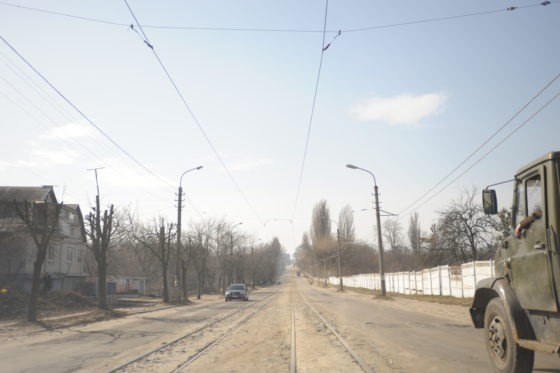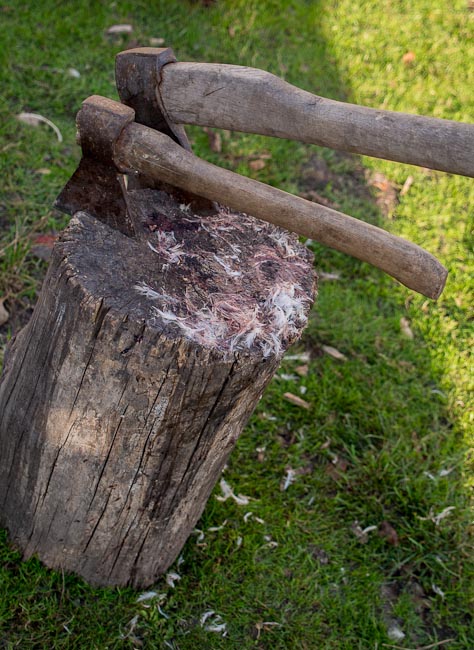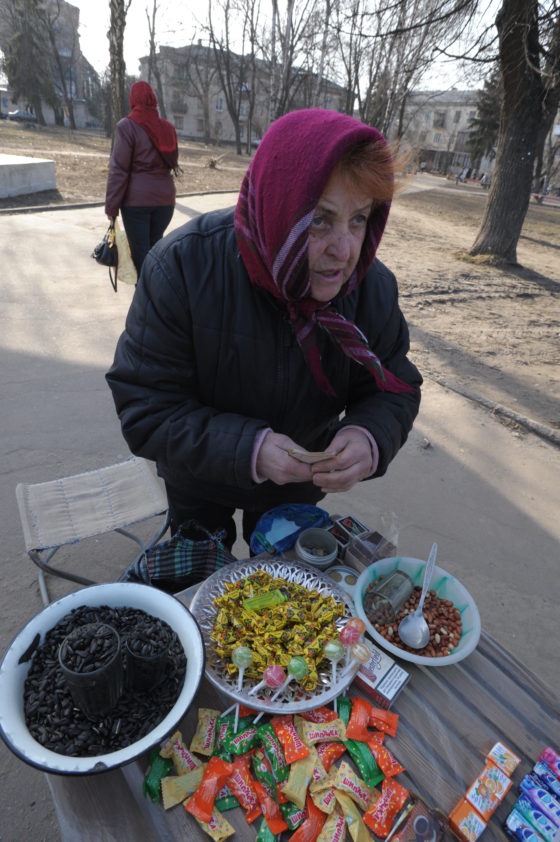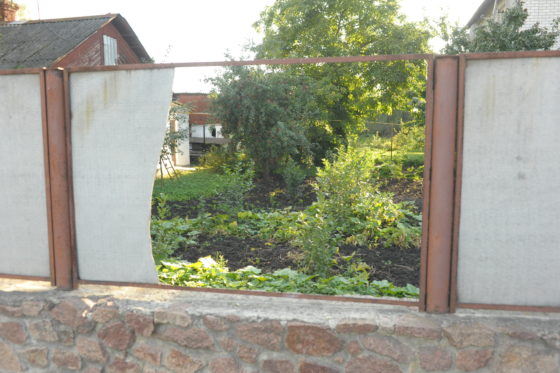Second World Culture Part I: Village Life
Last Bell operates from the city of Zhytomyr. But our home city is surrounded by small villages where 95% of our youth come from. After attending trade schools, many inherit their neglected family homes that need renovation.
A village may not be exactly what an American would picture! They can sound quaint and idyllic, with their wide fields of sunflowers and brightly-painted cottages, but as in any community of human beings, a village comes with advantages and disadvantages. I asked Yulia S., a mom from our Stop the Cycle program who’s offered us many insightful blogs, to help us understand what a Ukrainian village is like and what that means for our youth. The following profile on orphans and village life comes from Yulia’s research and experience.

Transportation to and from villages is difficult. The price of a bus ticket has gone up 500% in the last two years. The village Yulia knows best, called Antonovichy, is 3.5 miles from the bus stop, and the bus only runs twice a day. In the village, only wealthy people have cars. The poorest need a bicycle, but of course not everyone can afford one.

Because the city is so difficult to access, people are expected to “do for themselves.” Yulia said, “In the city, an electrician puts in wires, a builder builds and fixes, a mechanic repairs cars and tractors, a farmer deals with soil. But in the village each person must do everything.”

It’s also difficult to find jobs, because most of them are in the city. Many villagers make a living and feed their families by gardening and foraging. If they “stay in their garden all day long,” they sometimes make ends meet. A villager might be able to sell a season of produce for $200 – $400 (US equivalent). Not much – but it’s a few months of poverty-level income for Ukrainians. Villagers also pick berries to sell. A retiree named Maria recalled that from the time she was young, not one year did she fail “to make a few thousand grivnas [$100-$300] picking berries, even though I’m not that strong, and my legs ache from walking more than 10 kilmeters [6 miles] in the forest. I do this because I can’t live on my pension.”

All villagers pick mushrooms and berries, no matter their occupations. A former teacher said, “If you picked berries for twenty days, you couldn’t straighten your back, but you could earn money for school books and clothes.” Elsewhere in Ukraine, villagers even cross international borders in search of berries, and sometimes get into trouble.
Of course, many of the village benefits are real: the fresh air; access to gardens and grazing land—pastures are open, so sheep, goats and cows are shepherded; and if someone really belongs to the village, a sense of community. In Antonovichy, according to local tradition, villagers help a new arrival with produce (apples, cabbages, potatoes) and advice for the first year. But the second year, newcomers are on their own.
These social expectations are more difficult for young people who aren’t starting with the same positive, warm connections as healthy village families. In Part II, we’ll explore the ways Last Bell helps orphanage graduates from rural villages thrive wherever they are!
